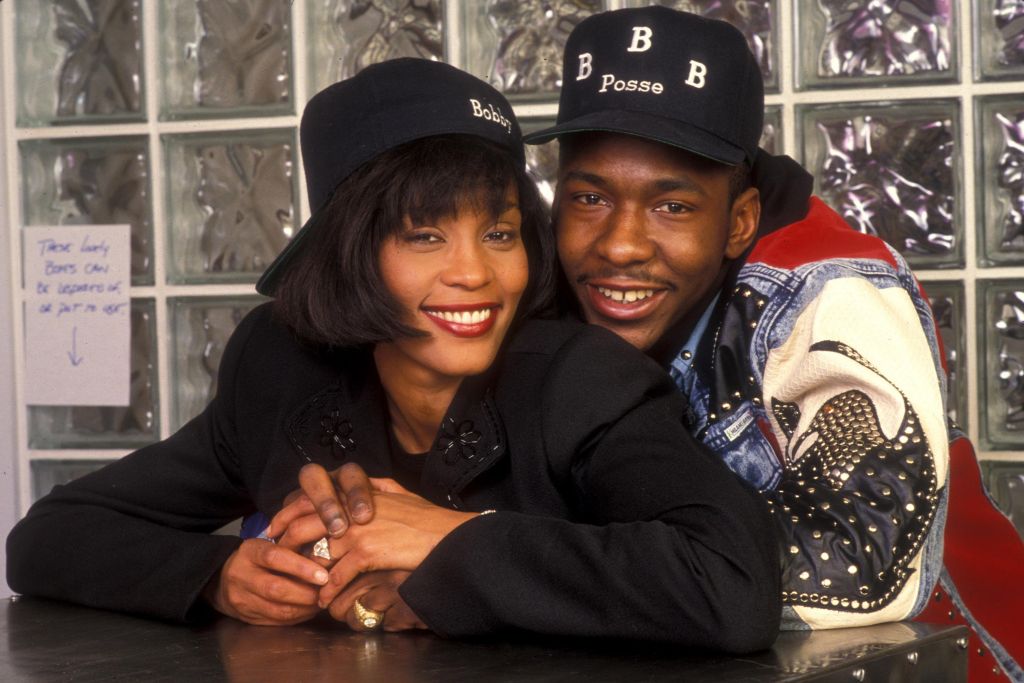Text “RICKEY” to 71007 to join the Rickey Smiley Morning Show mobile club for exclusive news. (Terms and conditions).

Source: L. Cohen / Getty
via MadameNoire.com:
There have been a few documentaries about Whitney Houston in the past few years but Showtimes’s Whitney: Can I Be Me didn’t sit too well with Bobby Brown, the ex-husband and father of Houston’s only child Bobbi Kristina Brown.
Sign Up For Our Newsletter!
Bobby wasn’t too thrilled to be featured in Showtime’s project or the other documentary about Houston, released through the BBC.
And now, he’s suing them.
According to The Hollywood Reporter, Brown and the estate of the late Bobbi Kristina Brown, has sued the two entertainment companies along with the documentaries producers for using their images in the film without consent. As a result, Brown and the estate are seeking $2 million.
The suit states that footage of Bobby and Bobbi Kristina lasted 30 minutes. And that most of the footage, “Brown claims that the film amounts to a misappropriation of publicity rights as well as a violation of the Lanham Act.”
“The film contains footage that Brown and BKB has never consented to have released…The footage was actually recorded prior to the divorce in 2007 between Brown and Houston,” according to the filing. “Brown never signed or executed a release for the airing of the material that appears in the film. The footage of Brown is approximately fifteen (15) years old.”
There’s a separate suit on the table because Brown claims the doc utilized footage from the disbanded company B2 Entertainment, the company that worked with Bravo to produce the reality series, “Being Bobby Brown.” Brown claims that the use of the footage was a breach of their contract with him, which states that the company agreed “not to use any materials associated with Brown’s family, friends or employers without his consent in TV or film projects.”
Brown also claimed that while the filmmakers tried to solidify an interview with him, and he declined, they still used his image to promote the film.













